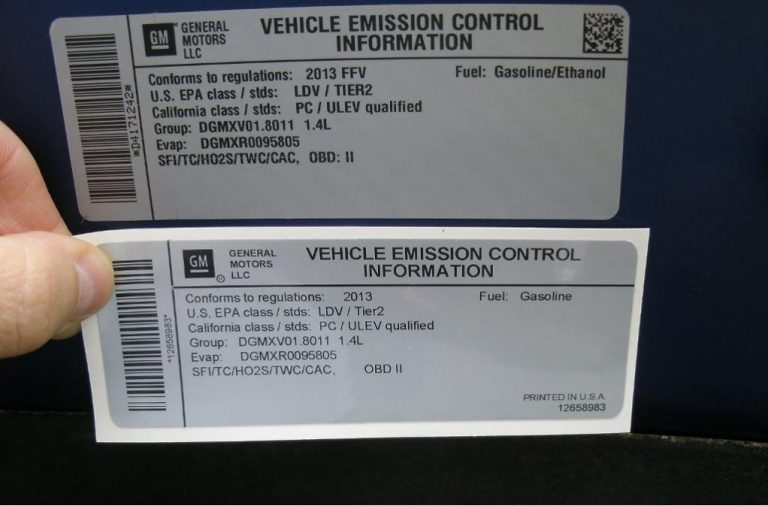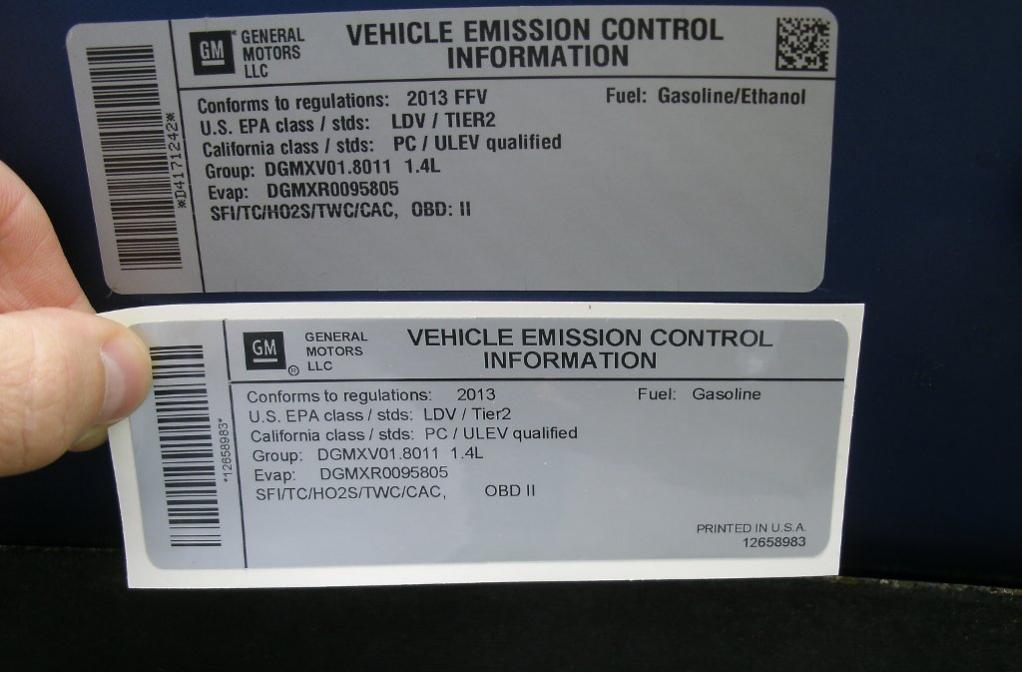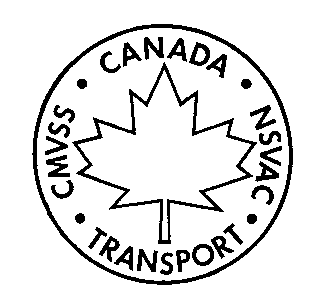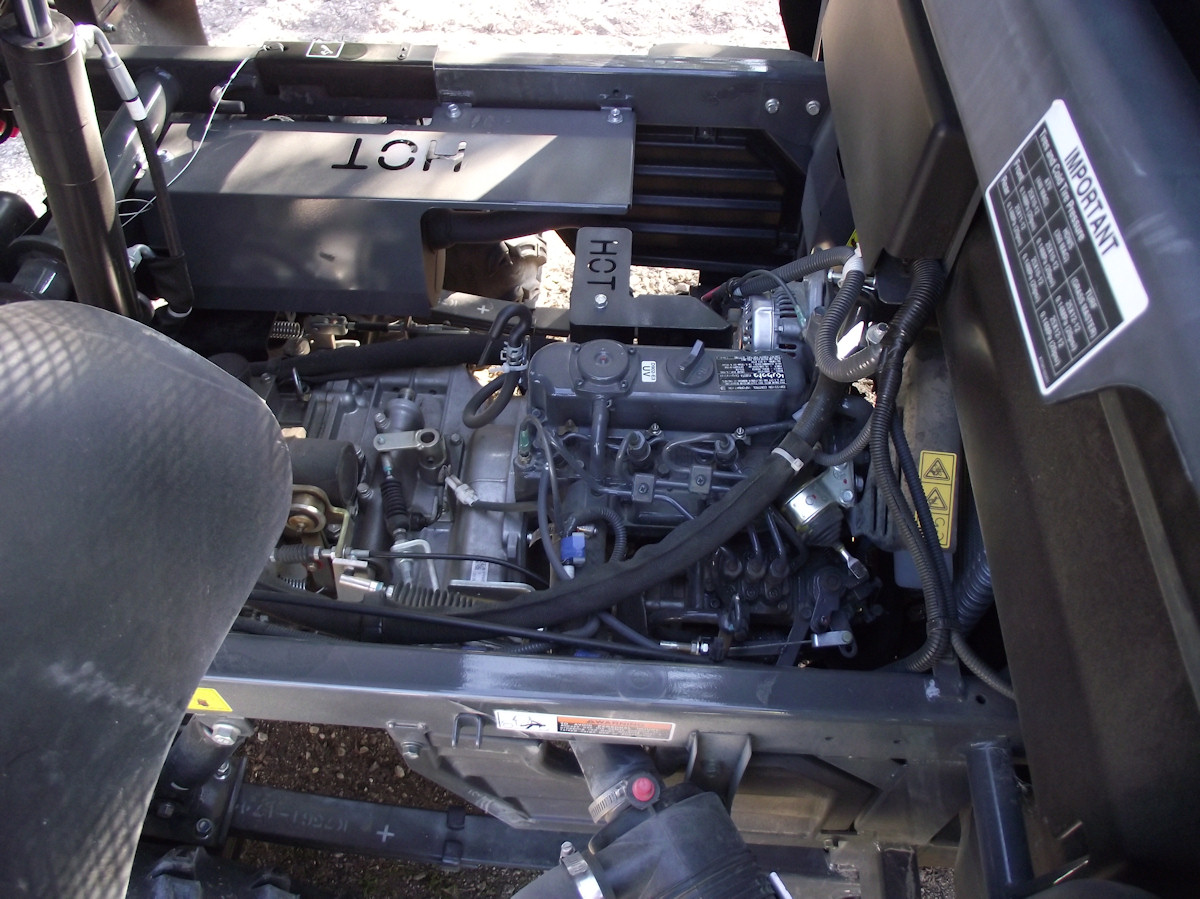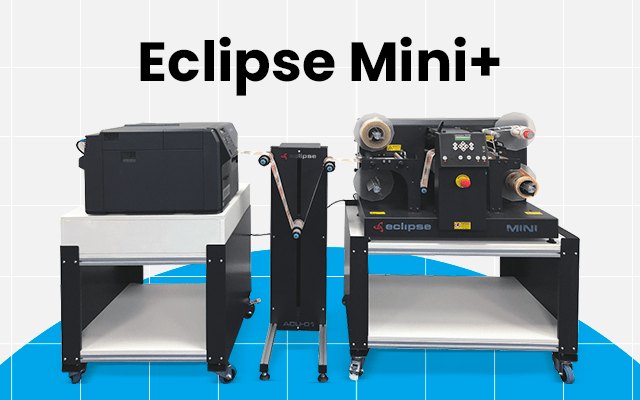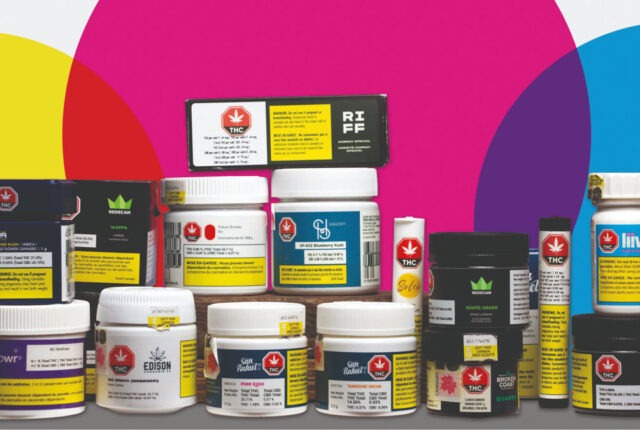Labels to ensure security and traceability
The life of a mechanic is filled with labels. Every day, on every single part of the cars he fixes, he’s in touch with conformity labels or security labels.
It is indeed absolutely necessary for him, as he needs to know how old is such part, what is the maximum weight another part can take on or simply check if the part has been changed or not before.
For instance, let’s say a car manufacturer calls back certain engines of a certain car. How to identify the engine in the car? It’s the label stuck on the car and the information it carries which will provide the answer. In other words, security is at stakes here.
These labels are the core of the need for traceability. It is compulsory to be able to track and to know quickly by whom, where and when the engine, the shock absorbers, the brakes or even the tire were built.
This is why there are norms and rules set by legal authorities so that engines and other parts of a car are labeled with relevant information. All this information can actually be summed up in a bar code or a QR code.
In Canada for instance, every car must have a conformity label with :
- The name of the manufacturer;
- The month and year of production;
- The certification with the national safety mark logo;
- The identification number of the vehicle;
- Information about the weight of the car;
- The type of vehicle.
And this is for only one of the numerous labels in a car…
Labels have to be certified too
The labels we have been talking about so far are made to certify the car and its pieces. They are conformity labels, and even those labels have to be certified.
When we look at the Code of Federal Regulations in the US, we discover that the demands for those labels are really high.
For instance, a label on an engine has to be permanent, readable, in one piece so that it cannot be torn or removed without being destroyed. It also has to be on a part of the engine that is not usually removed, and it has to be adapted to the normal run of the engine.
If we translate all this information, conformity labels for engines and cars also need to be certified, because they must be permanent and readable, easy to clean and stuck to the engine with glue that resists the high temperature of an engine…
IMS is proud to provide you with CSA/UL certified labels that will meet all those requirements. By testing our labels in extreme conditions, CSA and UL make sure these are adapted to really high demands.
Nevertheless, not all of the CSA/UL labels can meet the demands to be on a car engine, with really high temperature. You will need the right specifications to find the perfect CSA/UL label.
All in all, it’s thanks to these high quality labels that a mechanic knows everything about your car in a glance!

